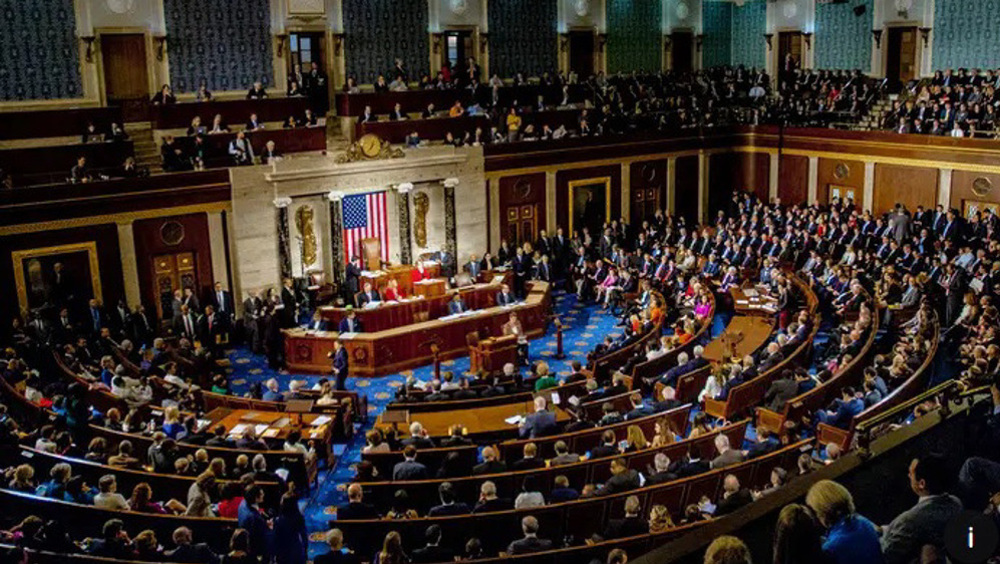US, China to pass UN resolution against North Korea over nuclear test
The United States and China agreed on Wednesday to move ahead with a UN resolution against North Korea following Pyongyang's fourth nuclear test earlier this month.
US Secretary of State John Kerry, who arrived in Beijing on Tuesday, said a nuclear-armed North Korea poses a “threat to the world."
Speaking to reporters after talks with Chinese Foreign Minister Wang Yi, Kerry said that both sides agreed on the need for a "strong" resolution” against North Korea.
“Kim Jong Un’s actions are reckless, and they are dangerous,” Kerry said of North Korea’s leader.
As a result, Kerry added, “North Korea poses an overt threat, a declared threat, to the world, and it has stated its intention to develop a thermonuclear weapon.”
The top US diplomat said that limiting the trade of goods and services across China's border with North Korea was one potential measure through a UN resolution.
However, Wang said that while China supported the need for a new resolution, it "should not provoke new tension in the situation, still less destabilize the Korean peninsula."
Wang also said his country will not back new sanctions against Pyongyang.
Experts say China is concerned about destabilizing North Korea, fearing that millions of North Korean refugees could flow into China if the regime collapsed.
Before Wednesday's meeting, the official Xinhua news agency issued a commentary blaming the US's "uncompromising hostility" and "Cold War mentality" for the situation on the Korean peninsula.
Wang and Kerry's meeting, which lasted for nearly five hours, also addressed the strategically vital South China Sea amid rising tensions in the disputed waters.
The two countries must avoid "a destabilizing cycle of mistrust or escalation" in the area, Kerry said, adding that both sides had agreed to explore the possibility of a "diplomatic way forward" on the issue.
Washington accuses Beijing of rapidly building up to 800 hectares (2,000 acres) of artificial islands in the Spratlys, an archipelago of more than a hundred islands, reefs and atolls in the South China Sea.
Beijing claims sovereignty over nearly all of the sea, which is also claimed in part by Taiwan, Brunei, Vietnam, Malaysia and the Philippines.
The disputed territories, which are located in the main shipping routes passing through the South China Sea, are believed to be rich in oil and gas.
VIDEO | Mass pro-Gaza rally in Istanbul
VIDEO | Book about Palestinian liberation struggle unveiled in Vienna
VIDEO | London remembers 1948 ethnic cleansing of Palestinians
Netanyahu prefers own interests to Israeli forces’ lives: Hamas
800k Palestinians forced to flee Rafah amid Israel invasion: UNRWA
VIDEO | Spain must break relations with Israel, protesters chant in Madrid
VIDEO | Israeli divisions over Gaza
UN chief renews call for two-state solution, calls Gaza war ‘open wound’













 This makes it easy to access the Press TV website
This makes it easy to access the Press TV website